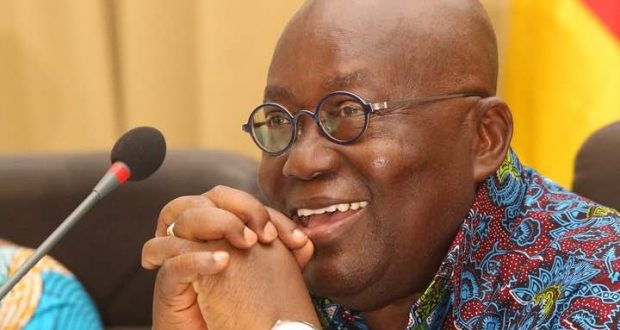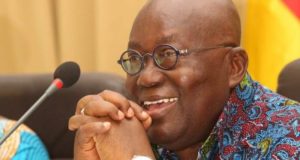
 The Government of Ghana, on Wednesday, extended the credit facility program with the International Monetary Fund (IMF) by a year following a conclusion of an assessment of the fourth review of the Extended Credit Facility by the Washington-based international lender.
The Government of Ghana, on Wednesday, extended the credit facility program with the International Monetary Fund (IMF) by a year following a conclusion of an assessment of the fourth review of the Extended Credit Facility by the Washington-based international lender.
The IMF board has also approved a $94 million disbursement following the program extension.
Ghana’s macroeconomic performance over the years has been mixed. Policy slippages have compounded the adverse impact of shocks and resulted in significant external and domestic imbalances.
The extension of the IMF program contradicts the government’s earlier position that it would not extend the program, which was expected to end in 2018.
“The authorities have taken some encouraging steps and the economy is showing signs of recovery. As risks remain tilted to the downside, careful fiscal management will be required to achieve the 2017 program targets and reverse the unfavorable debt dynamics,” the IMF said.
According to the IMF, “Additional efforts are needed to address revenue shortfalls, while expenditure control measures should be fully enforced to contain current spending, and prevent the recurrence of domestic arrears. Ongoing fiscal consolidation and implementation of the medium-term debt management strategy will be key to further reducing domestic refinancing risks.”
The World Bank has earlier projected a growth target of 6 to 7 percent for 2017.
It is however expecting the figure to inch up higher in 2018 and subsequent years. The 6 to 7 percent growth target by the World Bank is also higher than the government’s growth projection of 6.3 percent in 2017.
Emmanuel Vitus
